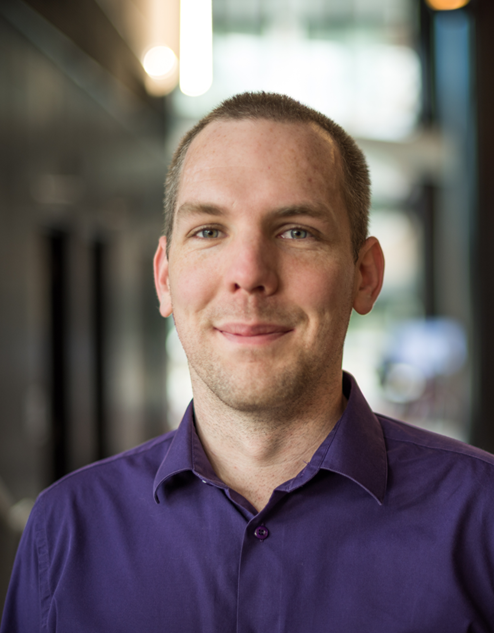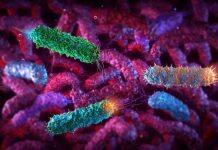Associate Professor Chris Greening from Monash’s Biomedicine Discovery Institute has been awarded the prestigious Fenner Medal by the Australian Academy of Science.


The Fenner Medal recognises outstanding research in biology within 10 years of researchers completing their PhD and is named after the late Professor FJ Fenner in recognition of his contribution to science.
Reflecting on this recognition, Associate Professor Greening said,
“It’s an incredible honour to be recognised with the Fenner Medal, especially given the vast achievements of its previous recipients. This wouldn’t have been possible without the help of wonderful team members, mentors, and collaborators past and present, as well as major support from Monash University and the ARC, NHMRC, AAD, and Wellcome Trust.”
The medal recognises Associate Professor Greening’s work leading the One Health Microbiology Group within the Biomedicine Discovery Institute, including the remarkable discovery that bacteria can ‘live on air’, redefining what constitutes life.
Associate Professor Greening and colleagues showed that, during starvation, bacteria can live indefinitely by scavenging the unlimited supply of hydrogen and carbon monoxide gas present in the atmosphere. Through this process, these bacteria simultaneously gain energy, make biomass, and even make water from air alone.
Through this process, bacteria can thrive in soils and waters worldwide, and even form ecosystems in otherwise inhospitable environments, spanning Antarctic deserts to volcanic craters. The bacteria responsible collectively remove about 350 million tonnes of hydrogen and carbon monoxide emitted into the atmosphere each year.
These discoveries in turn have broad-reaching consequences for global biodiversity, infectious disease, climate change, and astrobiology research.
Monash University Senior Vice-President and Deputy Vice-Chancellor (Research) Professor Rebekah Brown said,
“This prestigious medal recognises the outstanding work of Chris and this team. This fundamental discovery is being integrated across a range of programs into applied interventions with potentially huge benefits for human and environmental health. It exactly the kind of impact we want our research at Monash to have.”
Describing the potential impact of his research, Associate Professor Greening said,
“The overall goal of my research program is to use microbiology to address key challenges in human health and sustainability. There is enormous potential to harness beneficial microorganisms to improve human health, reduce climate change and pollution, address sanitation challenges, and even transform our food systems.”
Associate Professor Greening is translating these fundamental insights into applied interventions that benefit disadvantaged populations and protect vulnerable ecosystems. To do so, he works closely with large interdisciplinary teams through the Centre to Impact Antimicrobial Resistance, Revitalising Informal Settlements and their Environments (RISE), and Securing Antarctica’s Environmental Future (SAEF).
The Fenner Medal is one of 20 honorific awards announced this week by the Australian Academy of Science.
In describing the awards, Academy President Professor John Shine said,
“The award recipients have made a significant contribution to the research enterprise and the impact of their research will continue for years to come. They have distinguished themselves and the whole of Australian science, and the Academy is proud to support their outstanding contributions.”
The awards will be presented at the Science at the Shine Dome event in Canberra in November.








































